There seems to be an ISO standard for everything right? I mean the International Organization for Standardization has created over 24,000 standards in the past. That’s a lot!
But do you know what the definition of ISO is? Do you understand what ISO does to a business? The positive implications and benefits of being prepared for the future?
While this is true, there are only a handful that really interest companies. Among the most popular ISO standards, one can say that ISO 9001, ISO 14001, ISO 27001 and ISO 45001 are among the most popular ISO certifications. ISO 9001 talks about quality throughout the company, while ISO 14001, ISO 27001 and ISO 45001 deal with the environmental aspects, information security and health and safety of the company, respectively.
What we have just mentioned are management systems. It is important to note that not all 24,000 ISO standards deal with management systems. In fact, there are only around 20 to 25 management systems in all. The rest of the standards deal with product standards. For example, the standardization of USB-C cable, or the HDMI cable. Similarly, this is also applied to the construction of electrical sockets.,
In this blog, we are going to speak about these management systems as well as the definition of ISO. So if you want to explore the different management systems for your business organization, I suggest you read on.
Overview of ISO Standards and ISO Management
Naturally ISO management systems that we keep hearing everyone talk about can be adopted by any type of industry. It goes without saying, that some management systems are more suitable for certain industries than for others. One example is if you have a restaurant, ISO 22000, which deals with food safety, which can be considered to be a critical asset for you. However, ISO 13485, which deals with medical devices, is not really important for your industry.
But, whether you’re a restaurant, a laboratory, or a construction company, you surely must have certain standards. The business organization must have a certain degree of standard when it comes to quality and health and safety, right?
As a matter of fact, that is why ISO 9001, ISO 14001, ISO 27001 and ISO 45001 are among the most popular ISO certifications. Each of these standards aims to have organizations follow certain requirements. For example, when talking about ISO 9001, we have to meet quality requirements or customer requirements. When talking about ISO 14001, we have to consider the protection of the environment. So we must meet environmental requirements. When talking about health and safety, We have to meet health and safety requirements and for information security, it’s naturally the same.
If you’re wondering how ISO 27001 applies to the majority of business organizations, do remember that nowadays a company can be treated as a digital hub. That company processes digital data and must therefore have protective measures in place.
But the most important message I am trying to get across is that these types of standards can be applied by any organization in any industry. Depending on the size and other factors, the standard must then be adapted to meet the requirements of the company in question.
Now, molding the ISO standard to fit your needs is a task that may be best left for qualified ISO consultants, like me, Luke Desira!
Acknowledging the Definition of ISO Standards
Acknowledging the definition of ISO simply means that as an organization, you must embrace the better way of doing things. Of course, the introduction of new methods and features can often bring with it some form of resistance. But, do not let this discourage you from implementing the necessary changes.
One of the most important things to remember when dealing with ISO certifications is that your company is not perfect. No company will ever be perfect. If the management of a company thinks it can be perfect, then they will automatically fail ISO certification. The reason is that ISO standards are constructed on the basis of continual improvement. It means that as a business, you must strive for perfection, while simultaneously knowing that perfection is a state that can never be achieved.








